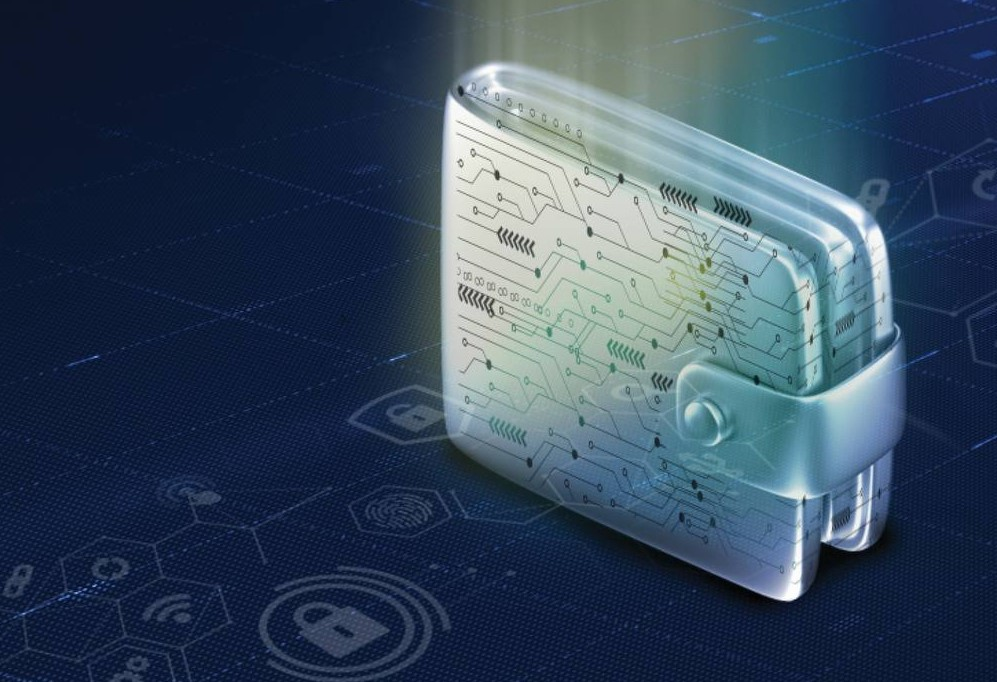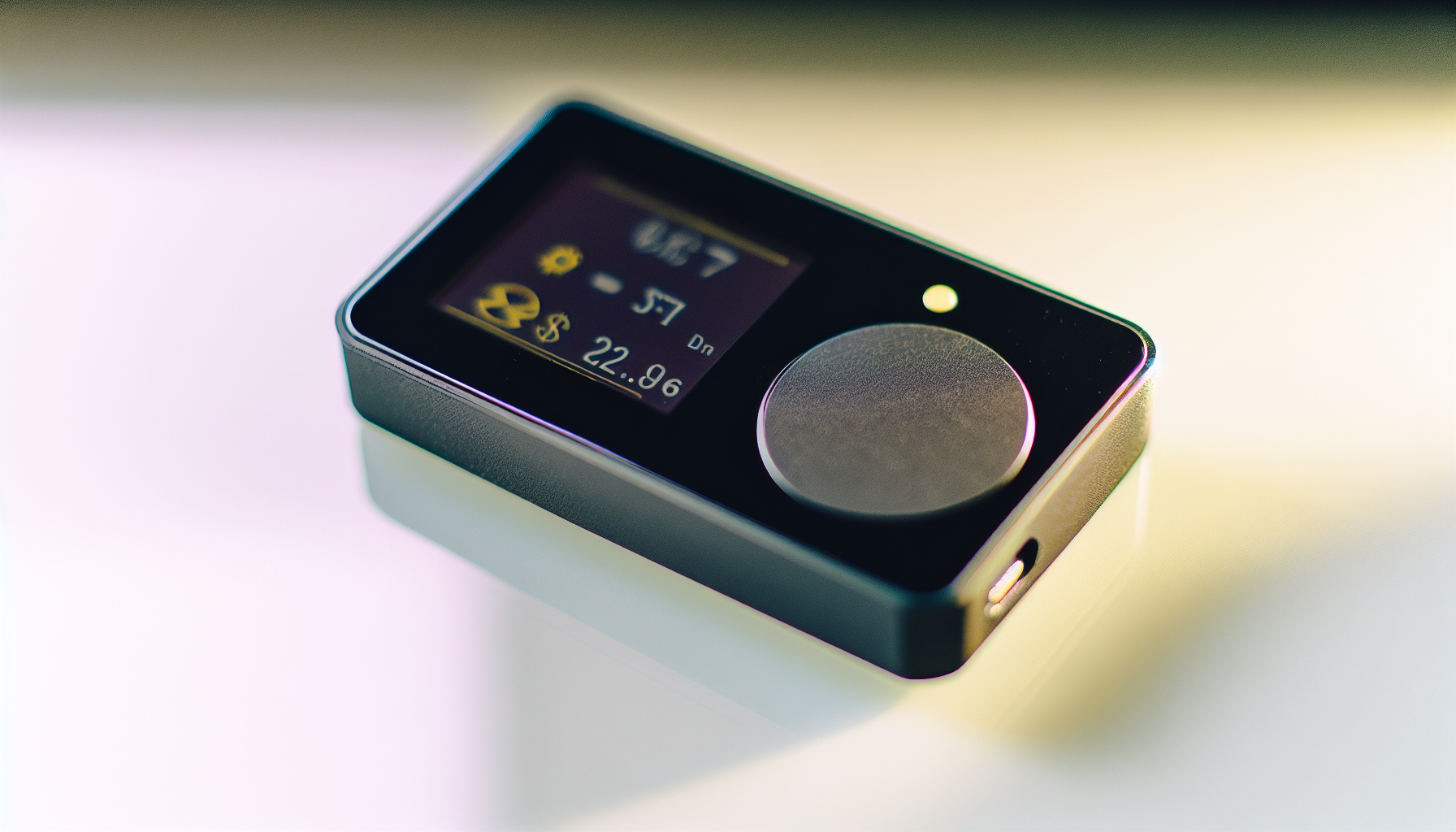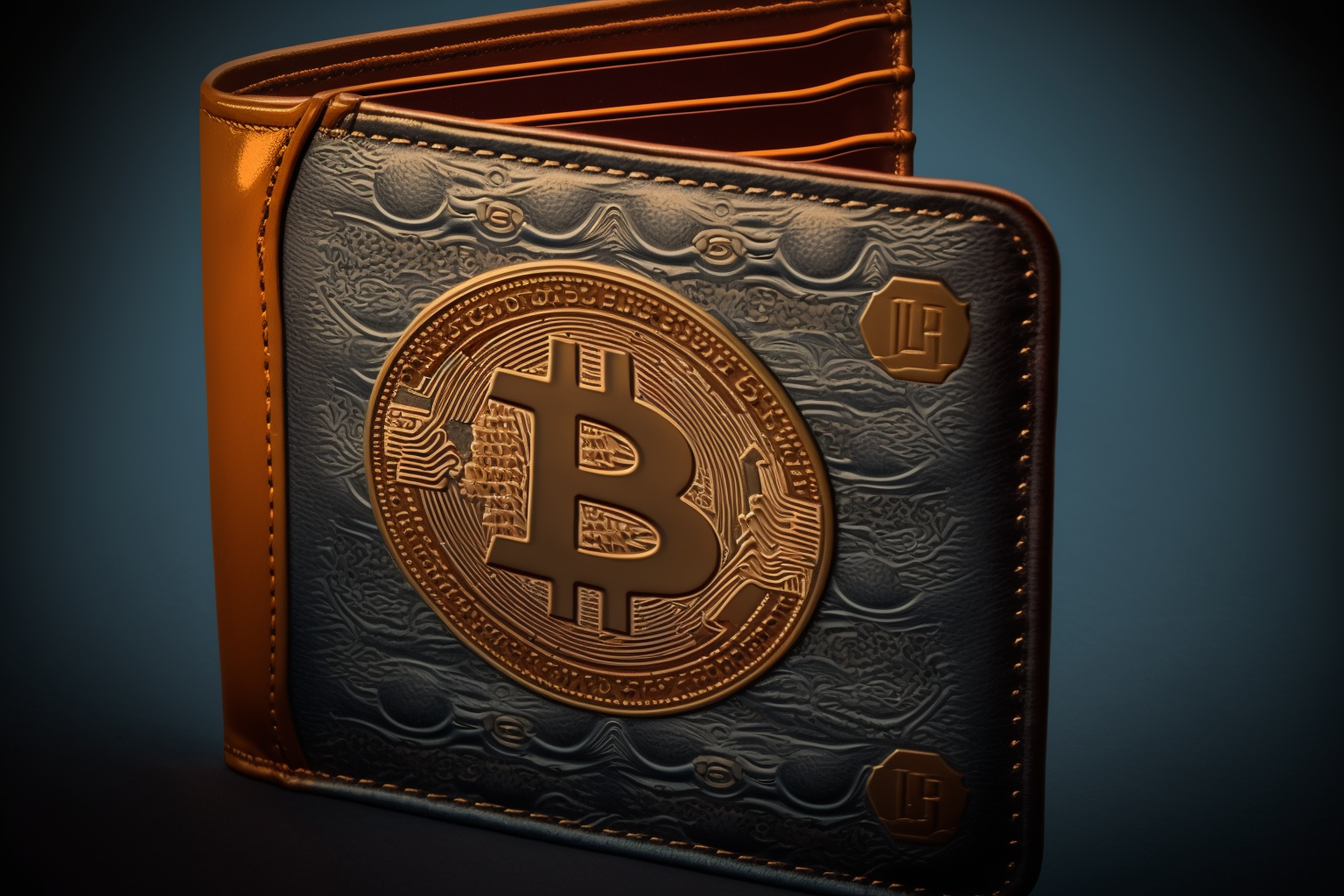The Most Secure Crypto Hardware Wallets for 2024

Are you concerned about the security of your crypto assets? Our focused rundown on the Most Secure Crypto Hardware Wallets 2024 can help. This guide points you to the best choices for reliable and effective cryptocurrency protection.
Key Takeaways
- Hardware wallets provide a robust defense against online threats as they store private keys offline, combining security with ease of use and supporting the ‘not your keys, not your coins’ philosophy.
- Crypto wallets are broadly categorized as hot wallets, favored for convenience and frequent transactions, and cold wallets like hardware wallets, preferred for their heightened security despite the risk of physical loss or theft.
- The top five most secure hardware wallets of 2024 are the Trezor Model T, Ledger Nano X, Ellipal Titan, BC Vault, and SafePal S1, each offering unique features and varying degrees of security, compatibility, and user-friendliness.
The Importance of Crypto Hardware Wallets in 2024

The expanding crypto market demands increasingly secure storage solutions. The advent of hardware wallets has revolutionized the way we store digital assets. So, what exactly is a hardware wallet? It’s a physical device equipped with a secure element that safely stores private keys offline, protecting them from external threats. This offline storage of private keys is what sets hardware wallets apart, providing a robust defense against online threats and hacking attempts.
Hardware wallets are not only superior in security but also easy to use. With intuitive user interfaces, the process of sending and receiving cryptocurrencies has never been simpler, making asset management a breeze even for those new to the crypto space. In comparison, software wallets offer a different approach to managing digital assets.
The ‘not your keys, not your coins’ philosophy is another significant feature of hardware wallets. Private keys act as a password that validates ownership of digital assets. If you don’t have control over your private keys, you don’t have control over your coins. This is why hardware wallets, which allow you to possess your private keys, are considered among the best crypto wallets.
Despite the cost, investing in a hardware wallet is a wise decision. It offers unparalleled security and control over your digital wealth, ensuring its protection and convenient accessibility compared to other types of cryptocurrency wallets. As we delve deeper into the world of hardware wallets, let’s take a look at the different types of crypto wallets out there.
Types of Crypto Wallets: Hot vs Cold
Understanding the difference between hot and cold wallets is key when choosing a crypto wallet. A hot wallet is a type of cryptocurrency wallet designed for convenient and frequent use, making it ideal for everyday transactions and rapid access to funds. Examples of hot wallets include mobile Bitcoin wallets available on smartphones and desktop wallets that enable users to store and manage their private keys on their personal computer’s hard drive.
On the other hand, a cold wallet refers to a form of cryptocurrency wallet that is offline, offering a secure means of safeguarding digital assets. Hardware wallets, a type of cold wallet, are tangible tools created for the secure storage and management of private keys essential for cryptocurrency transactions.
While hot wallets offer the advantage of quicker and more convenient trading, they are less secure compared to cold wallets that offer heightened security by remaining offline. However, there’s a risk of physical loss or theft for hardware wallets, similar to traditional wallets.
Regardless of the type of wallet you choose, effective private key management is vital to securely store and ensure the security and confidentiality of these keys.
Next, we explore the most secure crypto hardware wallets of 2024.
Top 5 Most Secure Crypto Hardware Wallets 2024

As we navigate the landscape of secure crypto storage, it’s important to be aware of the various options available. In this section, we will discuss the top five most secure crypto hardware wallets of 2024. These wallets offer unique features and robust security measures to ensure the safety of your digital assets. Let’s explore each of these wallets in detail:
- Trezor Model T
- Ledger Nano X
- Ellipal Titan
- BC Vault
- SafePal S1
Trezor Model T

We begin with the Trezor Model T. This hardware wallet is renowned for its:
- Robust security features
- User-friendly interface
- Support for over 3,000 crypto assets
- Color touch screen for intuitive navigation
- Integration with web 3.0 wallets such as Metamask
- Distinctive partnership with the Exodus software wallet, making it easy to manage your digital assets.
However, it’s worth noting that the Trezor Model T does come with certain limitations. For instance, it doesn’t support iOS devices. On the other hand, Android users can connect the Trezor hardware wallet using an OTG cable and access the Trezor web app for secure storage and management of their cryptocurrency. This provides a convenient option for managing your assets on the go. Priced at $280, the Trezor Model T is a worthy investment for those seeking robust security and user-friendly features.
Ledger Nano X

Following the Trezor Model T is the Ledger Nano X. This versatile hardware wallet is designed for the secure storage of cryptocurrencies and includes the following features:
- Bluetooth functionality
- Integration with Web3 wallets like MetaMask, giving you access to a range of DeFi platforms
- Support for over 5,500 cryptocurrencies.
The Ledger Nano X offers the following benefits:
- Improved security by keeping private keys offline, rendering them inaccessible remotely
- Superior level of protection compared to hot wallets, which are connected to the internet
- Straightforward setup and easy navigation, perfect for beginners
- Well worth the investment for anyone serious about securing their crypto assets.
Ellipal Titan
If mobile compatibility is a priority for you, you might want to consider the Ellipal Titan. This hardware wallet offers the following features:
- Prioritizes security, employing air-gapped technology to safeguard digital assets from offline and online risks
- Supports over 10,000 assets and 46 different blockchains
- Boasts a user-friendly touchscreen interface
- Provides DApp functionality for convenient access to DeFi protocols
Despite these impressive features, the Ellipal Titan has its limitations. It generates less common BIP 44 Bitcoin addresses, lacks Xpub key access, and doesn’t support desktop and testnet coins. However, priced at $169, it’s a competitively priced option in the hardware wallet market, given its extensive features and robust security measures.
BC Vault
For those looking for a hardware wallet designed for long-term storage, the BC Vault is worth considering. It offers robust security features, including a pre-loaded wallet with 1 Bitcoin, an encrypted SD card backup that requires a pin and password for decryption, and a traditional recovery phrase option. Its durability is guaranteed by a FeRAM chip with a lifespan of over 200 years.
When it comes to using the BC Vault, it’s as simple as connecting the device to a computer via USB and accessing the BC Vault program. This allows for the management and execution of cryptocurrency transactions.
Priced at $138, the BC Vault provides a balance of robust features and affordability, making it an excellent choice for secure long-term crypto storage.
SafePal S1
Last but not least, we have the SafePal S1. This affordable hardware wallet offers robust security for managing multiple digital assets. It comes equipped with an EAL 5+ secure element, a true random number generator, and multiple layers of security, including a self-destruct mechanism.
In conjunction with the SafePal App, the SafePal S1 hardware wallet provides users with the ability to:
- Manage hardware, software, and trading wallets simultaneously
- Support immediate swaps on the DEX exchange
- Seamlessly integrate with DApps across various blockchains, including Ethereum, Tron, and Binance Smart Chain
This hardware wallet ensures an excellent balance of security, versatility, and affordability.
Factors to Consider When Choosing a Crypto Hardware Wallet

Having explored the top hardware wallets, it’s time to consider the factors when choosing one. Security is paramount when it comes to hardware wallets. Key security features to look out for include PIN protection, two-factor authentication, and biometric authentication. Additionally, purchasing directly from the manufacturer is recommended to ensure a trusted source.
Support for various cryptocurrencies is another important factor. It’s essential to verify compatibility with the specific digital assets you intend to store. And while the price of hardware wallets typically ranges from approximately $50 to $200, it’s important to consider what features and security measures are included for the cost.
Particularly for beginners, the user experience is a significant consideration. Look for a wallet with a user-friendly interface, comprehensive guidance, and dependable customer assistance. Once you’ve chosen your wallet, it’s time to set it up.
How to Set Up and Use a Crypto Hardware Wallet
Setting up a hardware wallet is a straightforward process. If you’re using a Trezor Model T, for instance, you can follow the instructions outlined in the manual or the guide on the official Trezor website. Once set up, it’s crucial to understand the importance of the seed phrase. This is generated by your hardware wallet as a backup tool. In case of device loss or damage, you can recover your wallet contents using this seed phrase. Therefore, it’s important to keep it secure and private at all times.
Before transferring cryptocurrency to your hardware wallet, make sure the wallet supports the specific cryptocurrency and blockchain network you intend to use. After sending a transaction, it’s recommended to verify the successful reception of the transaction. You can do this by checking your hardware wallet’s software or inspecting the device directly.
With your wallet set up and transactions proceeding smoothly, we should now cover how to protect your hardware wallet.
Protecting Your Crypto Hardware Wallet

A hardware wallet is a secure storage solution, but it’s important to take extra measures to protect it. One such measure is to keep a low profile about your cryptocurrency and avoid displaying your hardware wallet prominently. This helps minimize the risk of theft.
Another protective measure is the use of the hidden wallet feature in mobile wallets. This allows you to set up additional wallets on your device that are only known to you, providing an additional layer of security.
With your hardware wallet now secured, we can explore the opportunities of staking and DeFi with hardware wallets.
Staking and DeFi with Hardware Wallets
Staking and DeFi (Decentralized Finance) are two opportunities that hardware wallets provide. Staking involves holding and locking up a specific amount of tokens in a cryptocurrency wallet to support the operations of a blockchain network. By using a hardware wallet, you can securely stake your tokens by storing them in the wallet and delegating your staking power to a staking pool or participating in the network’s consensus mechanism directly.
DeFi refers to permissionless, transparent, and accessible financial applications that can be accessed by anyone with the appropriate blockchain wallet. By using a hardware wallet, you can securely hold a variety of tokens and engage in diverse DeFi activities, including:
- Lending
- Borrowing
- Staking
- Yield farming
Some hardware wallets like the Trezor Model T and Ledger Nano X allow staking through a staking pool or validator, while others support direct integrations with popular decentralized applications (DApps) across various blockchains,. To fully utilize these features, it’s important to know how to integrate your hardware wallet with other wallets and platforms.
Integrating Your Hardware Wallet with Other Wallets and Platforms
The integration of your hardware wallet with other wallets and platforms increases both security and convenience. For instance, the integration of Trezor with Exodus brings together the features and user interface of the Exodus software wallet with the security of the Trezor hardware wallet, resulting in a seamless and secure user experience.
The process of integrating a Trezor Model T with Exodus involves:
- Opening Exodus
- Connecting the Trezor device
- Installing the Trezor Bridge
- Accessing Exodus’s settings to link the device
- Following the on-screen instructions to complete the integration.
Ledger Nano X users can connect their device with MetaMask by utilizing Ledger Live to incorporate an Ethereum account. In MetaMask, select ‘Connect Hardware Wallet’ to import the account from the Ledger device. Other hardware wallets, like the Ellipal Titan and BC Vault, are also capable of integration with other digital wallets and platforms, enabling the management of multiple accounts within a secure, cold wallet environment,.
As we conclude, let’s recap the key points discussed about hardware wallets.
Summary
In the ever-evolving world of cryptocurrencies, secure storage solutions are paramount. Hardware wallets offer a robust and secure way to store digital assets, safeguarding them from external threats. From the importance of hardware wallets and the types of crypto wallets to the top five most secure hardware wallets of 2024, we’ve covered a lot of ground. We’ve also discussed the factors to consider when choosing a hardware wallet, how to set it up and use it, and how to protect it. Lastly, we’ve explored the opportunities of staking and DeFi with hardware wallets and the process of integrating your hardware wallet with other wallets and platforms. We hope that this comprehensive guide has shed some light on the importance of hardware wallets and helped you make an informed decision about securing your digital assets.
Frequently Asked Questions
What is the most secure crypto wallet?
The most secure crypto wallets are software and hardware wallets. You can consider using them for enhanced security.
Is Trezor safer than Ledger?
Yes, Ledger is safer than Trezor because it uses a double chip base called Secure Element, providing an extra layer of security against hardware attacks.
What is a hardware wallet?
A hardware wallet is a physical device with a secure element that stores private keys offline to protect them from external threats.
What is the difference between hot and cold wallets?
Hot wallets are designed for frequent use, whereas cold wallets offer offline security for digital assets. This difference lies in the accessibility and security features of each type of wallet.
What are the top five most secure crypto hardware wallets of 2024?
The top five most secure crypto hardware wallets in 2024 are Trezor Model T, Ledger Nano X, Ellipal Titan, BC Vault, and SafePal S1. Choose from these options for enhanced security.

